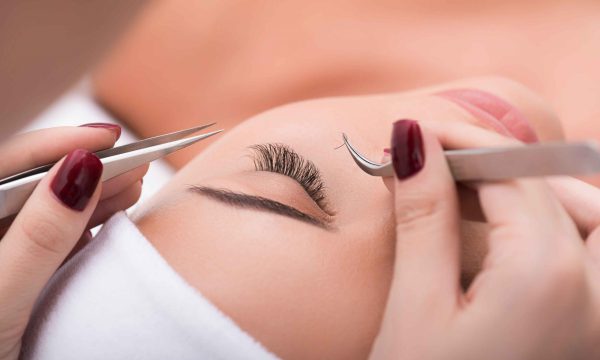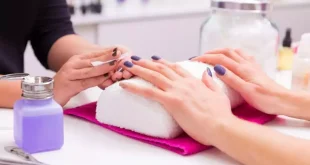
Introduction
Types of Insurance Coverage
- General Liability Insurance
- Definition: This coverage protects against third-party physical injuries and property damage.
- Importance: If a client slips and falls in your salon or if you accidentally damage a client’s property (like their clothing or phone), having this coverage can shield you from legal claims and associated costs.
- Professional Liability Insurance (Errors and Omissions Insurance)
- Definition: This insurance protects against claims related to negligence, errors, or omissions in the provision of your professional services.
- Example: If a client has an adverse reaction to a product you used, this policy can cover legal fees and settlements.
- Product Liability Insurance
- Definition: This protects businesses against claims of injury or damage caused by products sold or used by the beauty professional.
- Importance: If you retail beauty products and a client suffers an allergic reaction or an injury from a product, this insurance is crucial.
- Workers’ Compensation Insurance
- Definition: Required in many jurisdictions if you hire employees, this insurance provides benefits to workers injured on the job.
- Importance: It covers medical expenses and lost wages for employees, protecting you from lawsuits.
- Business Property Insurance
- Definition: This coverage protects your equipment, tools, and property inside your beauty salon or workspace against theft, fire, or other damages.
- Importance: Given the high cost of beauty tools and products, this insurance can safeguard your investments.
- Cyber Liability Insurance
- Definition: This covers damages resulting from data breaches and cyberattacks.
- Importance: With the increasing reliance on digital systems and personal client information, protecting against cyber threats is essential.
Why Insurance is Essential for Beauty Professionals
- Risk Management: The beauty industry carries inherent risks due to physical interactions and usage of products. Insurance acts as a risk management tool, enabling professionals to focus on their craft rather than worrying about potential liabilities.
- Professional Reputation: Securing insurance not only protects professionals but also enhances their credibility. Clients tend to trust insured professionals who show responsibility and reliability.
- Financial Protection: Lawsuits or claims can be financially draining. Insurance can prevent significant financial loss, ensuring business sustainability and stability.
- Compliance with State Laws: Some states require certain types of insurance coverage for beauty professionals. Understanding these legal requirements can help in avoiding fines and legal issues.
- Client Security: Clients feel more secure knowing that their beauty professional is insured. This assurance can enhance client satisfaction and foster loyalty.
Choosing the Right Insurance Provider
When selecting an insurance provider, beauty professionals should consider the following:
- Specialization: Opt for providers that specialize in beauty industry insurance, as they understand the unique risks involved.
- Coverage Options: Ensure that the provider offers comprehensive coverage options tailored to the beauty profession.
- Reputation and Reviews: Research the provider’s standing in the industry, read reviews, and seek recommendations from other beauty professionals.
- Cost: While affordability is crucial, it should not compromise the scope of coverage. Weigh the costs against the benefits.
Conclusion
Insurance is not merely an expense for beauty professionals; it is a critical investment that protects their practice, clients, and peace of mind. As the beauty industry continues to evolve, having a solid insurance plan in place ensures that professionals can navigate challenges confidently while focusing on what they do best—delivering beauty and confidence to their clients. By understanding the types of coverage available and working with specialized insurance providers, beauty professionals can truly remain “Glam Under Protection.”


